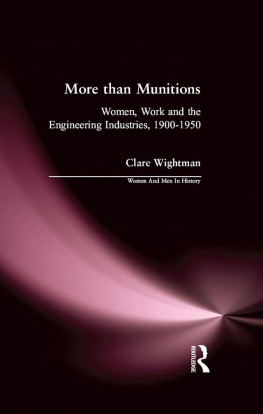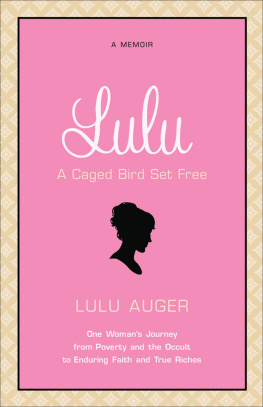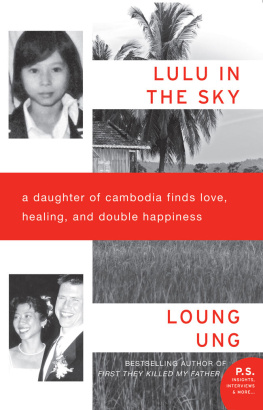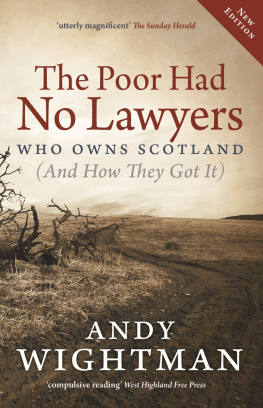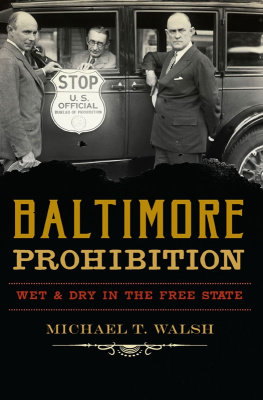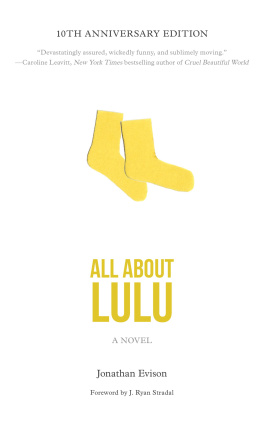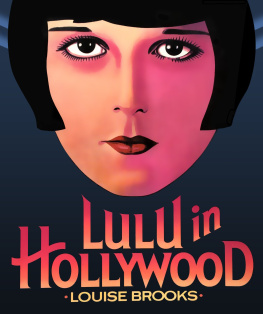THE MENACE
of
PROHIBITION
BY
LULU WIGHTMAN
ADVOCATE OF CIVIL AND
RELIGIOUS LIBERTY.
They that can give up essential liberty to obtain a little temporary safety deserve neither liberty nor safety.Patrick Henry
Price 10 Cents
Los Angeles Printing Co. 314 West First Street.
GREAT QUESTIONS OF THE HOUR
A pamphlet containing a series of Mrs. Wightmans Lectures on themes of absorbing interestabout the very things that YOU are THINKING and TALKING about TO-DAY!
the all-important questions
the perplexing questions
the paramount questions
Mrs. Wightmans views on public matterspolitical, religious and economicshould claim the serious attention of every citizen of the United States.
A Third Edition necessary to meet the demand
64 pages, with portrait of the author, good paper, clear type, attractive cover.
PRICE, 25 CENTS, BY MAIL, POSTPAID
Write Name and Address Plainly
Address the Author
Mrs. LULU WIGHTMAN
314 West First St., Los Angeles, Cal.
THE MENACE of PROHIBITION
BY LULU WIGHTMAN
No man in America has any right to rest contented and easy and indifferent, for never before, not even in the time of the Civil War, have all the energies and all the devotion of the American democracy been demanded for the perpetuity of American institutions, for the continuance of the American republic against foes without and more insidious foes within than in the year of grace 1916.
Hon. Elihu Root, in address before the New York State Bar Association, Hotel Astor, New York, January 15th, 1916.
Copyright, 1916, by Lulu Wightman
PREFACE
Most writers, in viewing the question of Prohibition, have followed along a beaten track. They have confined themselves generally to consideration of moral, economic, and religious phases of the subject.
While I have not entirely ignored these phases, I have chiefly engaged in the task of pointing out a particular phase that it appears to me entirely outweighs all others put together; namely, that of the effect of Prohibition, in its ultimate and practical workings, upon the politicalthe structure of American civil government.
I have endeavored to steer clear of its professions and obsessions, all of which can be of little consequence in the light of my contention that the major matter with which Prohibition is concerned is the capture and overturning of our present system of jurisprudence; and that the danger threatening from this tendency is real and foreboding I have conscientiously tried to make clear in these pages.
That National Prohibition is an approaching enemy to free government, of which the people should be warned even at the risk of being grossly misunderstood, is my opinion. From the watch-towers of American liberty the warning should go forth. For my own part, I feel well-repaid with the conscientious effort I have made in The Menace of Prohibition.
LULU WIGHTMAN.
LULU WIGHTMAN.
CONTENTS
| PAGE |
| A False Principle |
| Political Power the Object |
| Political Activities at Washington |
| Prohibition and Sunday Laws |
| Sumptuary Laws Increasing |
| A Dangerous Combination |
| An Old-Time Fallacy |
| Industrial Conditions Responsible |
| he Opinion of an Economist |
| Effects of Prohibition |
| Collective Tyranny in Government |
| Prohibition Censorship Despotic |
We hold these truths to be self-evident: that all men are created equal; that they are endowed by their Creator with certain inalienable rights; that among these are life, liberty, and the pursuit of happiness.The Declaration of Independence.
John Stuart Mill defines Prohibition in this language:
Prohibition: A theory of social rights which is nothing short of thisthat it is the absolute right of every individual that every other individual shall act in every respect exactly as he ought; that whosoever fails thereof in the smallest particular violates my social rights and entitles me to demand from the legislature the removal of the grievance. So monstrous a principle is far more dangerous than any single interference with liberty;there is no violation of liberty which it would not justify.
And in the light of the last sentence, so monstrous a principle is far more dangerous than any single interference with liberty;there is no violation of liberty which it would not justify, the writer would especially examine this modern crusaders movement for Prohibition. Many other writers have viewed the question from sociological, economic, and religious standpoints; but the principle of the thing,that in which it is baseda monstrous principle, which, as Mill says, is far more dangerous than any single interference with liberty, deserves more serious consideration than any other phase of the question: a principle, in fact, of intolerant coercion as against the great principle of individual liberty so thoroughly established as the inherent right of the citizen at the very inception of this government in the Western world.
To do justice to this particular phase of the question of Prohibitiona principle so dangerous and monstrous that there is no violation of liberty which it would not justifyit is necessary to be courageous, honest, unafraid, and not soaked to the pulp in the pseudo-puritanical, moral antiseptic bath of conventional prejudices. Here in America we have had enough of base misrepresentation, rotten hypocrisy, and sugar-coated sentimentality. What we really need now is honesty of purpose and courage of conviction, let the criticizing mob be of the upper ten thousand or lower, it matters not.
A False Principle
What Is the Real Menace of Prohibition?
It is the false principle from which it derives its life and being. We are the good people, say the moral reformers: you are the bad; therefore it is the duty of the good people to seek control of the government and to enact laws that will make you bad people good. The platform of the Prohibition Party of Ohio states it in a different way, but in essence it is the same thing:
The Prohibition Party of Ohio ... recognizing Almighty God, revealed in Jesus Christ, and accepting the law of God as the ultimate standard of right ... the referendum in all matters of legislation not distinctively moral.
In this scheme of government, as it is plainly revealed, the law of God as it would be interpreted by the Prohibitionists, would be the supreme standard of all matters distinctively moral, and the initiative and referendum would be relied upon, and allowed in all matters of legislation not distinctively moral.
This was exactly what happened in the Dark Ages and early New England: good people sought and secured the control of the government, the law of God was made the ultimate standard of right as interpreted by the good people in power, and the bad people were put to the torture.
As the result of just such a scheme, barbaric practices reigned in the name of law: thumb-screw and rack were brought into requisition, Calvin burned Servetus, Quakers were hanged and witches burned, Roger Williams banished, and Mary Dyer hung by the neck until she was dead,and all because Almighty God, revealed in Jesus Christ, was recognized in government, and the law of God made the ultimate standard of right.




